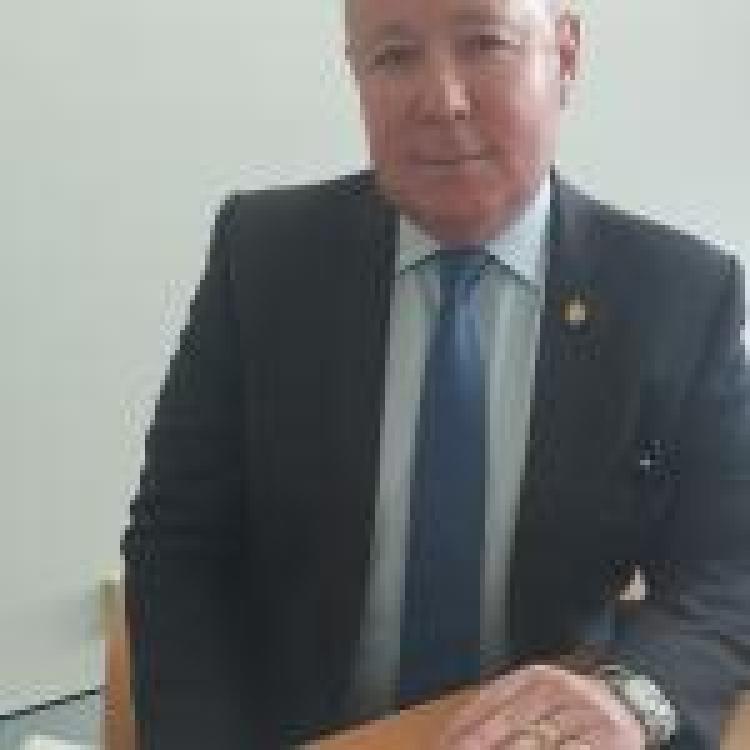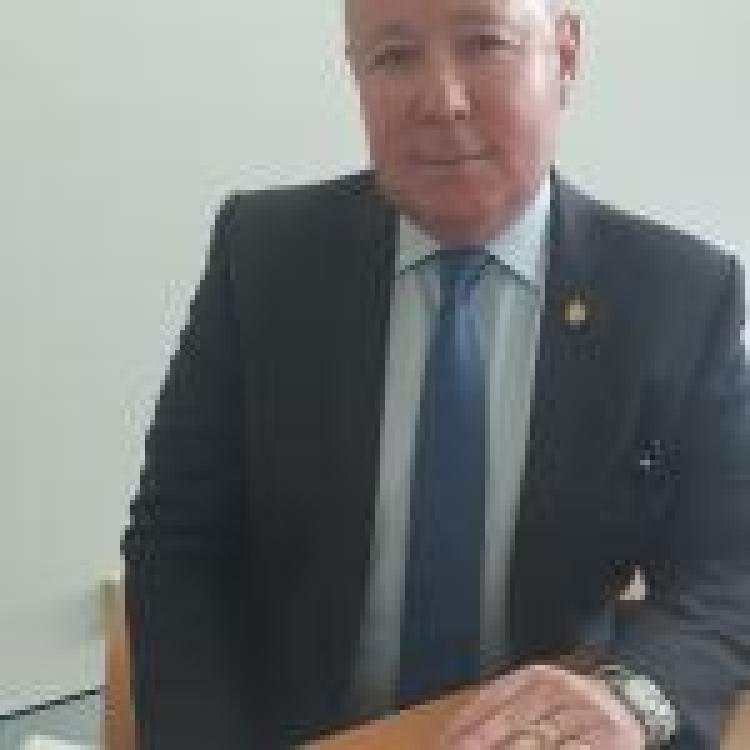Australian State MP Hugh McDermott revealed that he was subject to threatening messages of violence and a vicious hate campaign launched by the Sri Lankan government condemning his decision to release a statement in solidarity with the Tamil community on Tamil Genocide Remembrance Day in May this year.
“I received hundreds if not thousands of abusive emails threatening violence against me, against my family, sexual violence against my wife and other members of my family” said McDermott in an interview with Sydney-based Tamil activist, Avi Selvarajah on the 10th of June. “This sums up exactly the type of people we must stand against. These are the types of people, these extremists, are the ones that cause the genocide; that commit war crimes; that commit hate crimes.”
While he was “shocked at first” at the hate comments he received for his statement, McDermott was thankful for the support of the Tamil community and said he was “very very lucky that the Tamil community rallied behind to show that I wasn’t alone.”
“It just reinforced in my mind that we are on the side of right. That what we are doing is the correct path. This is the reaction from the hate mongers and those people who would see the Tamil community annihilated. And people like me because we stand up for human rights,” he added.
McDermott revealed that hate messages, “which included graphic images of slaughtered Tamils” were not sent from his electorate but rather from overseas and Melbourne and insisted it was a was a “concerted campaign” against him that still “continues on even today.”
“I’ve done human rights work for many years; both in this country and overseas. And not only with the Tamil community but with other communities. South Sudanese, the Assyrian community, the Armenian community, all of whom have had genocide committed against them and war crimes, so it wasn’t a new thing for me,” he maintained.
Future acknowledgments
When questioned on whether Australian Tamils can expect the acceptance and recognition of the Tamil genocide to become a party stance by the Australian Labour party, McDermott responded, “I think this is going to go beyond the Labour Party. Yes, I am a Labour Party MP and I do believe there will be strong support in New South Wales for this. But I think this is going to be a merger of different political parties that will stand together to support the Tamil people, and seek justice and acknowledge the genocide in Sri Lanka.”
“The state parliaments and the federal parliament need to recognise this as a genocide. A genocide against the Tamil people that began after Sri Lankan independence in the 1940s,” he added.
McDermott welcomed proposals to officially recognising the Tamil genocide in the Australian education system as it is in Ontario and reinforced his pledge to ensure Tamil history is preserved just as he campaigned to have Tamil taught in schools in NSW in 2016. “Like you said, as part of your history, as part of your culture, is the fact that they tried to wipe you out. That they tried to make sure there were no more Tamils. And they’re still trying.”
In response to a question about how the Tamil community can help to continue to show solidarity, McDermott urged, “you should write to the prime minister. We need to condemn Sri Lanka for their actions and make sure no alleged war criminals come into this country. We need to hold the Sri Lanka government to account so write to the premier – endorsing and recognising a Tamil genocide. Write to your local MP’s. The momentum has started.”
Dermott stated that he had “many conversations with the Tamil community, those who have fled to this country (Australia) and survived genocide. The evidence is overwhelming, so it is not an unusual thing for me on May 18 to make the comments like I did. The Sri Lankan government’s reaction did however surprise me.”
He highlighted that he was condemned publicly by former Sri Lankan Navy Admiral Sarath Weerasekara and claimed that “nothing of the sort happened”.
McDermott replied, “as for whether there should be an investigation. Yes there should be. There’s been at least two UN resolutions saying there should be an investigation. The government has refused to do a proper investigation into war crimes. The reason they done that is because they know the truth.”
“We’ve seen it on documentaries by Channel 4, we’ve seen it through photos, it is out there. It is very well documented. They know if there is an investigation they would be found to have committed war crimes.”
McDermott expressed his gratitude to the global Tamil community for rallying behind him during these challenging times and pledged that he would remain a strong advocate for the Tamil community;
“I look forward to continuing the journey and the fight for justice. We will get it and it’s not just for the genocide but justice for the asylum seekers and for so many other people in our Tamil community that really need to be supported, who are a valuable part of our Australian society… I look forward to the time when there is justice and those perpetrators who hurt the Tamil community are finally brought to justice.”


